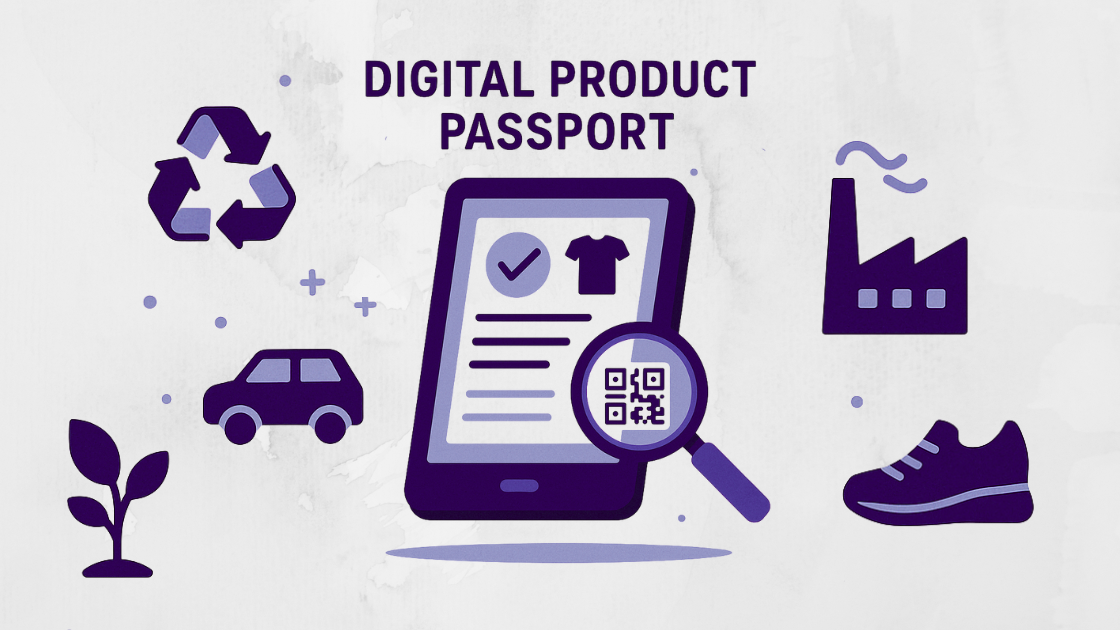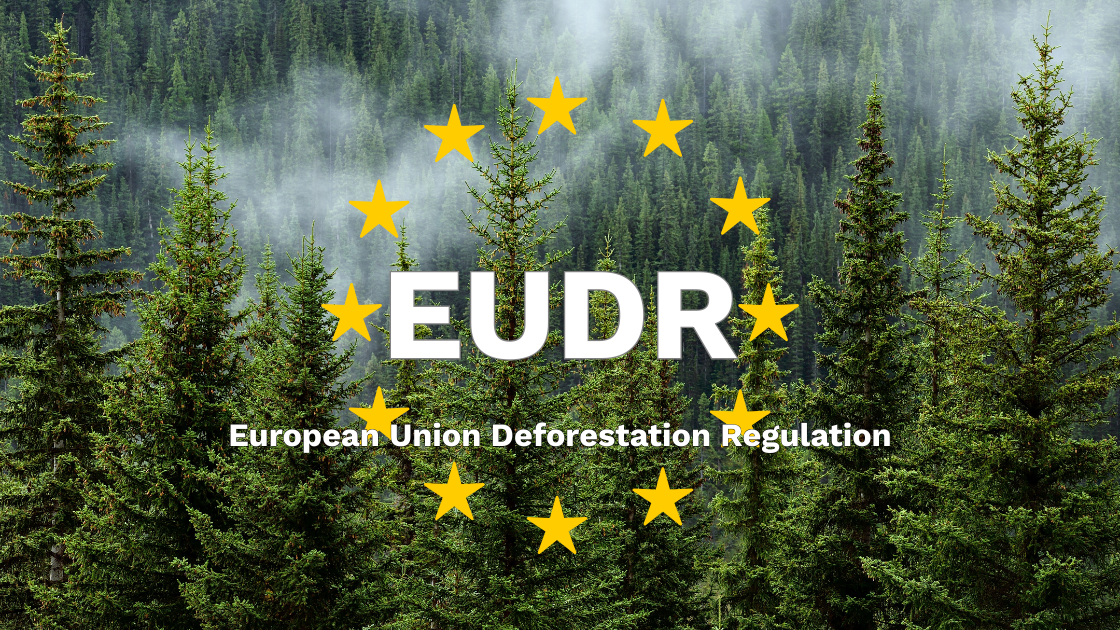The Global Reporting Initiative (GRI) explained
ESG and reporting on sustainability are gaining ground, recent annual reports show. For example, ASML mentions ESG 71 times and Philips over 95 times in its annual reporting.

Reporting on your company's environmental, social and governance performance is good. However, the claims must be accurate to avoid greenwashing- unfortunately, a growing problem. The Global Reporting Initiative (GRI), the world's most widely used standard for sustainability reporting, helps with this. We explain more about the organisation, the standards and how you can concretely benefit from them.
What is GRI?
GRI’s mission is a sustainable future made possible by transparency. Since 1997, it has been striving for a future where reporting on sustainability is normal for every company. To assist companies in this reporting, GRI has developed a global, common language to communicate about sustainability; the GRI Standards.
"We are working with companies, investors, policymakers, society, labour organisations and other experts to develop the GRI Standards and promote their use by companies around the world.With thousands of participants in more than 100 countries, the standards advance the practice of sustainability reporting and empower companies and their stakeholders to take action and make better decisions that deliver economic, environmental and social benefits for all" - GRI.
The added value of GRI
The GRI Standards help companies of all sizes to understand and (optionally) report on their sustainability. This is done in a reliable and comparable manner that therefore increases transparency and prevents greenwashing. The Standards are also relevant for stakeholders, such as investors, policymakers, financial institutions and civil society organisations. After all, thanks to the Standards, they can make a fair value judgment about a company's sustainability.
The Global Reporting Initiative's Standards consist of three series: the Universal Standards, the Sector Standards and the Topic Standards. Each Standard contains Disclosures, which outline how a company should report on sustainability in a structured manner.
- Universal Standards: A set of standards that apply to any company and explain the process and methodology of preparing a sustainability report. Universal Standards standard Disclosures also contain details about a company.
- Sector Standards: A set of standards relevant to most companies in a particular sector. The Sector Standards are still under development and will eventually be published for 40 sectors.
- Topic Standards: A set of standards on certain topics, such as waste, emissions, corruption and taxes. A company chooses the relevant Topic Standards.
You can download all the Standards directly on GRI's website or get more explanations at their Resource Centre.
GRI’s relation to international standards
Besides the Global Reporting Initiative, there are more standards and frameworks gaining ground. Fortunately, GRI understands that as an entrepreneur, regulations can be severely overwhelming and has therefore linked their Standards to several other frameworks.
For example, GRI plays a big role in the Sustainable Development Goals (SDGs) and has released a mapping between their GRI Standards and the SDGs:
"The private sector can play an important role in accelerating progress on the SDGs. Working closely with the UN, national and regional governments and international organisations, we are actively working to implement smart policies that strengthen the private sector's contribution to the SDGs" - GRI.
In addition, the Global Reporting Initiative is also closely involved in the development of the new sustainability standards of the Corporate Sustainability Reporting Directive which will be effective in 2024:
"The sustainability reporting landscape is in a state of flux, with significant global developments that could raise the bar for corporate accountability ... With the new European sustainability reporting standards under development, to which GRI has been an expert contributor, we are at a crucial point. GRI is committed to playing its part and working with all stakeholders to promote transparency and corporate responsibility" - Eelco van der Enden, CEO of GRI.
Eevery
Our platform is calibrated to GRI, the SDGs, the CSRD and the latest laws and regulations.We understand that as a business owner, you want to comply with the latest sustainability requirements without it being an intrusion on your day-to-day operations. Therefore, we ensure that our platform is always up-to-date with not only the latest sustainability standards and frameworks but also the latest (upcoming) laws and regulations. That way, you don't have to worry about this too.
Want to know more about GRI, other standards and upcoming laws and regulations? Subscribe now to our newsletter and read the latest news for SMEs on ESG and sustainability now.



